About this campground
Campsites are not bookable and operate on a first-come, first-served basis.
An intriguing mix of plants grow on and near Mount Ragged including orchids, ferns and plants such at the showy banksia that are more typical of coastal locations. The Mt Ragged area is also a terrific spot for birds. Look for purple-crowned lorikeets, yellow-plumed honeyeaters, the shy heathwren and birds such as the mulga parrot and crested bellbird, which are more typical of drier country.
Safety information
The Department of Biodiversity, Conservation and Attractions undertakes 1080 baiting at this location to reduce the impacts of feral cats and foxes on native wildlife.
Meat baits containing 1080 poison are laid in or around this area on an ongoing basis. 1080 is poisonous to humans and will kill domestic cats and dogs. Pets are not permitted in this park.
For further information contact your local Parks and Wildlife Service office or visit Western Shield.
Gallery
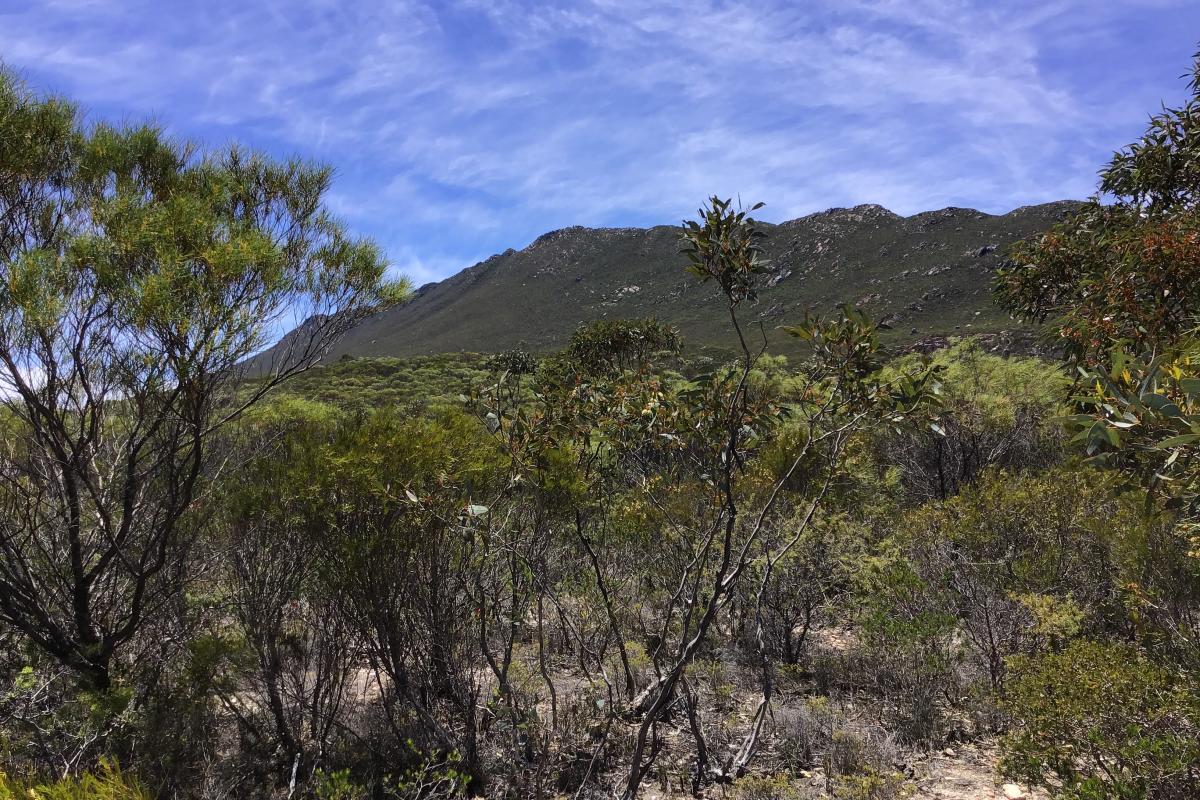
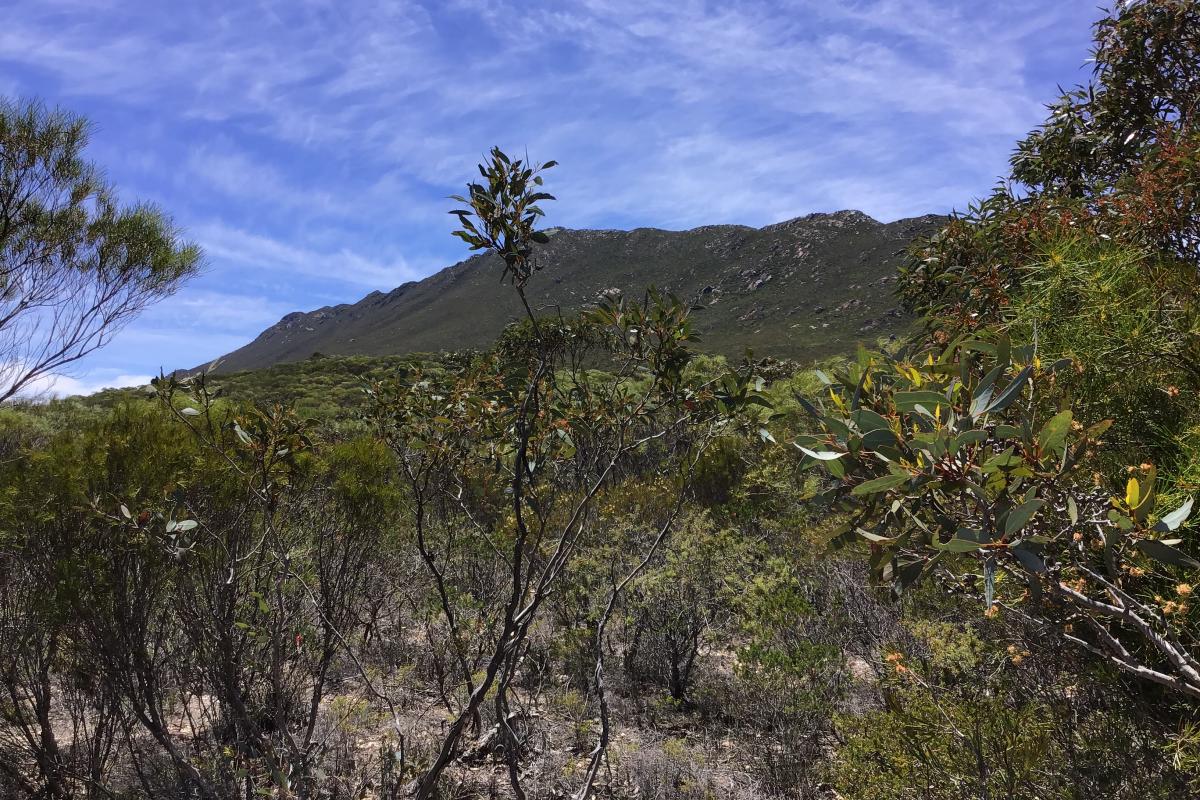
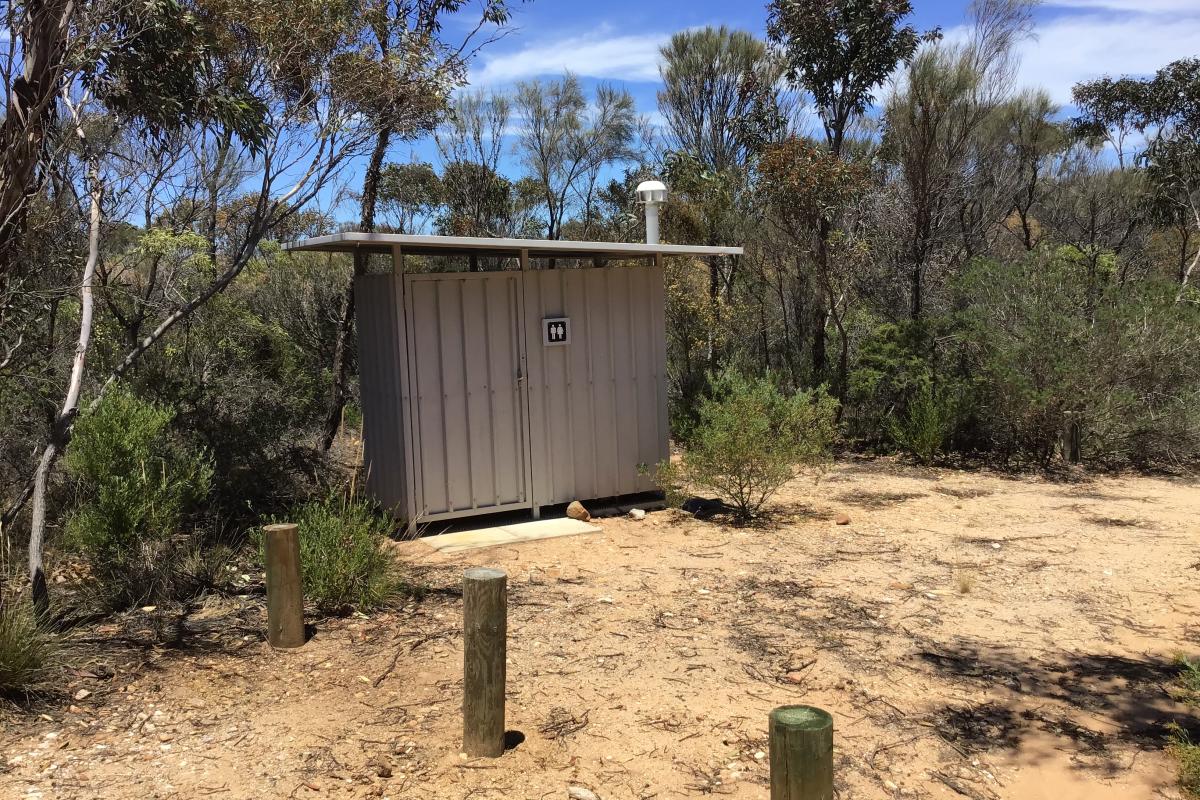
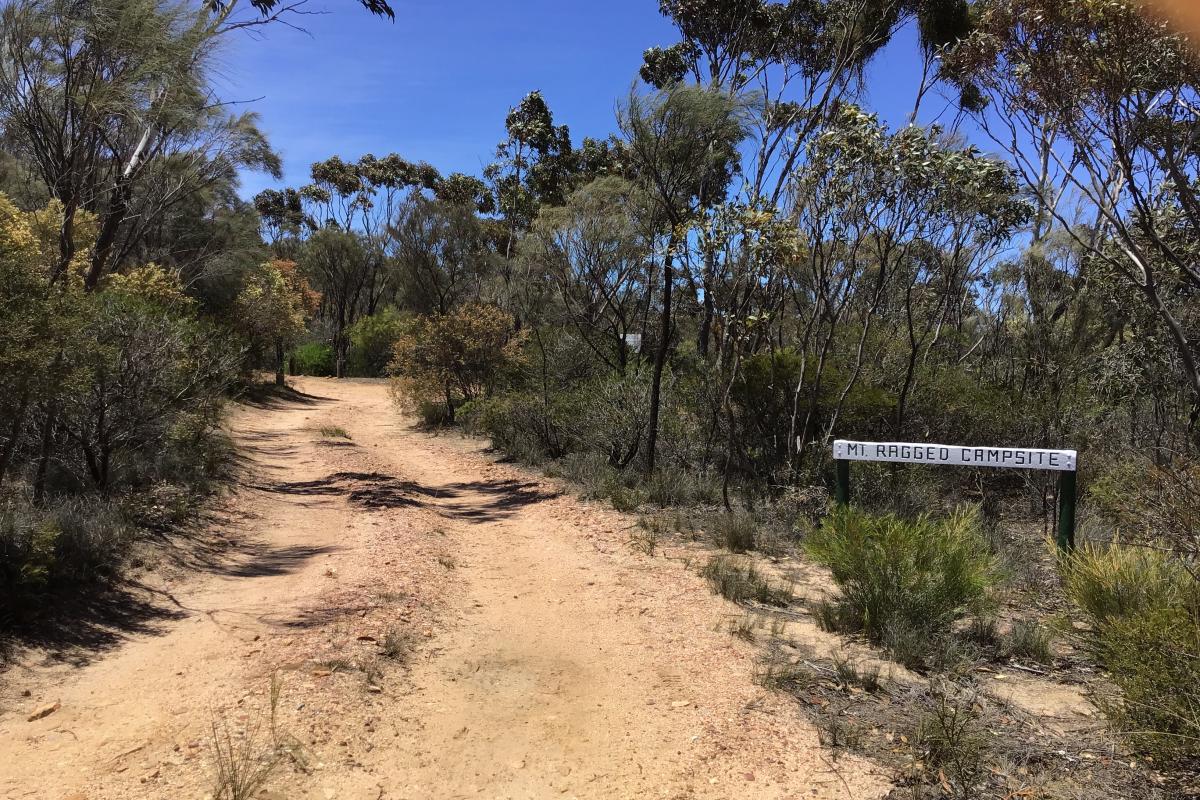
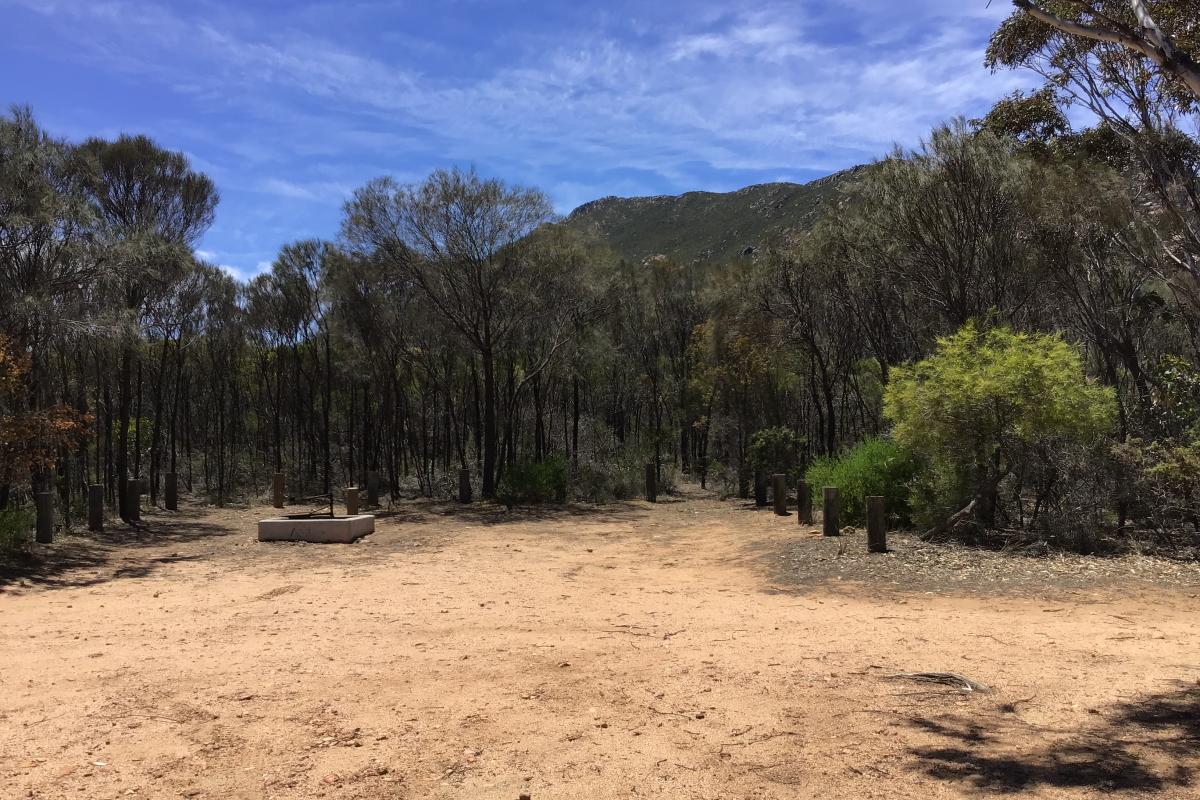
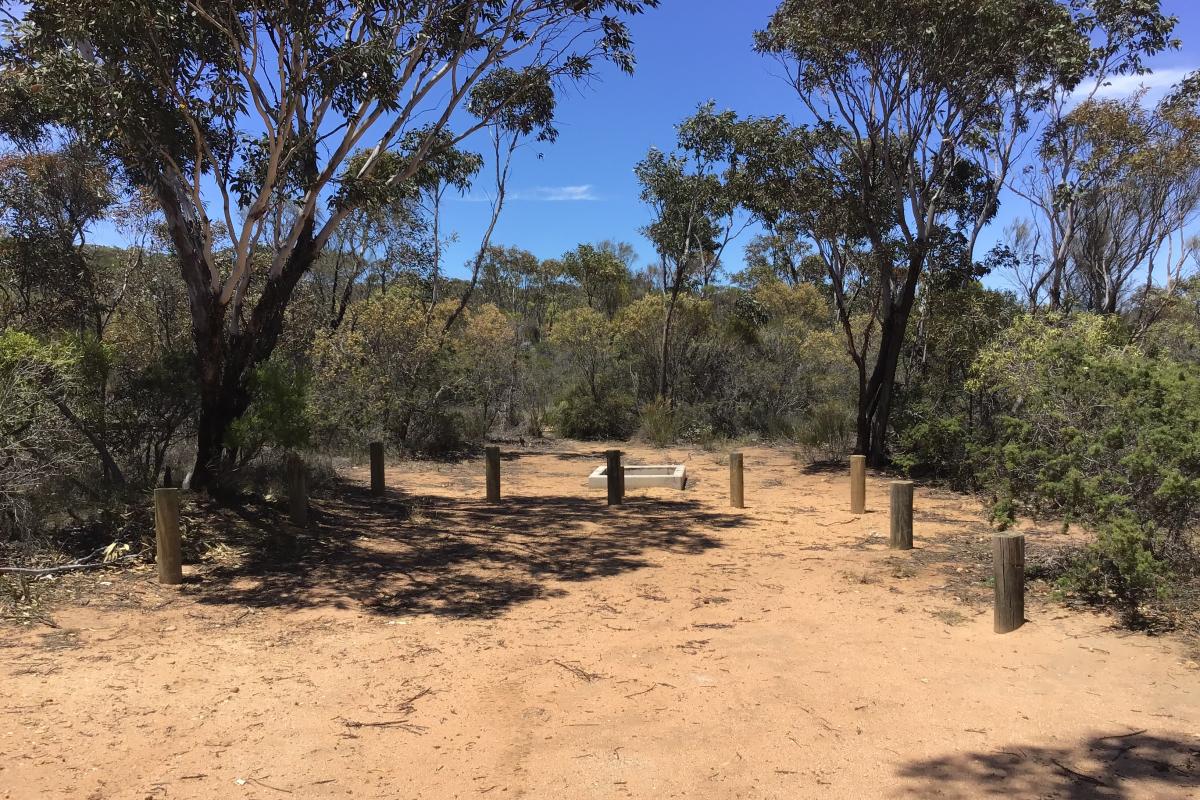
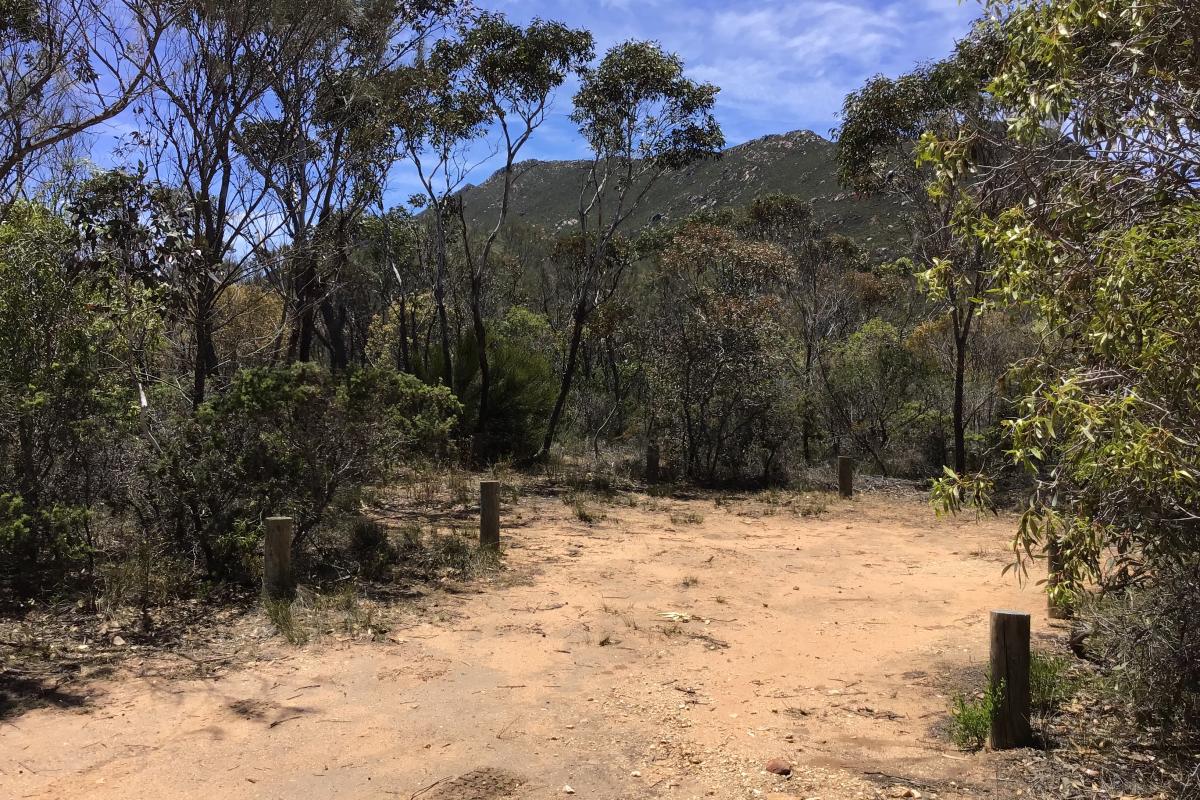
Make the Esperance Promise
While travelling in and around Esperance, make a promise to embrace the elements of this land and ensure your visit is sustainable and respectful. Make the Esperance Promise.
Please note, campfires are not permitted at any of the campgrounds in national parks.
Facilities
Barbecue
Toilet
Activities
 Bushwalking
Bushwalking
 Camping
Camping
Plants, wildlife and fungi
Visit the Atlas of Living Australia for a list of species recorded within a 5km radius of Mount Ragged Campground.
Traditional Owners
We recognise and acknowledge Ngatjumay and Wudjari people as the Traditional Owners of Cape Arid National Park.